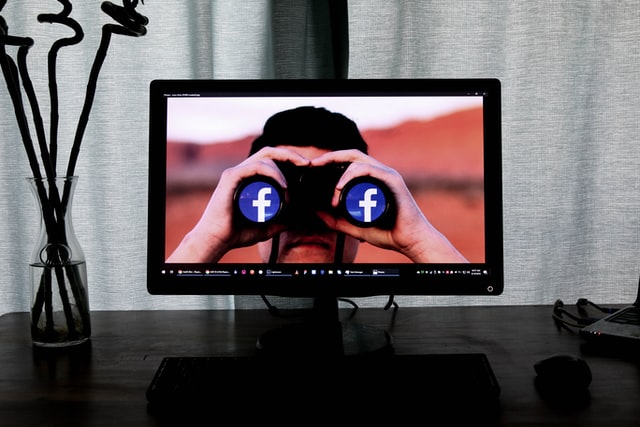Our end goal is to destroy the machine itself.

As always, Current Affairs remains one of my favourite places to write for. I’m also an editor at large there, which too many people assume to be a sign of great wealth and stunning influence. No one is making a fortune at CA and my position is an honorary one; it does not involve any decision-making on my part, in terms of what gets included or not. I only emphasis this because I get a lot of pitches/queries for the magazine, and have to explain at length that, really, I have no say in the matter of what gets published, and nor do I want it. I don’t know if editors at large function differently elsewhere, and I don’t really care: Nathan and others gave me the title as a lovely, kind gesture for my support of the magazine, and the love is mutual. I’ve written a lot for them (search for my name on the site and all my articles should come up), and I look forward to many more years of collaboration.
This is one of my latest for them, “Can We Save Facebook?” written before the election hungama and the pandemic but still on a topic worth exploring: Facebook and social media in general.
Here are some bits from “Can We Save Facebook?” I should add that the piece has proven to be prophetic: I begin with the sentence, “By the time you read this, there is sure to have been another Facebook scandal.” And, sure enough, there is: the company will now have to pay $52 million to moderators who suffered PTSD on the job.
Excerpt:
It’s disturbing that Facebook’s financial incentives are determining what people see, because what’s good for Facebook might not always be good for journalism. Stories are often displayed—as they are now on many media sites themselves, including the New York Times—in order of “popularity.” But popular isn’t the same as important, and many excellently-researched and well-written pieces are banished to the digital Hades at the bottom of the page. It should be obvious that many of the pieces that need promoting are precisely the ones that don’t get clicked on, the ones that should keep popping up over and over until people give in and click rather than the ones they physically cannot keep themselves from reading (e.g., the ones with cats and Trump). The current formula is topsy-turvy: The articles that least need promotion receive the most of it. As a result, everyone ends up talking about the same few topics whose popularity has snowballed—or rather, everyone ends up talking about the fact that everyone is talking about how everyone is talking about the stories.
And:
If we give in to paranoia, we forget that the goal is not simply to avoid the machinery by going “off the grid” or “underground” or using tools like Signal as go-arounds. Our end goal is to destroy the machine itself.
You can read the rest of “Can We Save Facebook?” here. And please subscribe to the always excellent Current Affairs!
Photo: Glen Carrie on Unsplash.